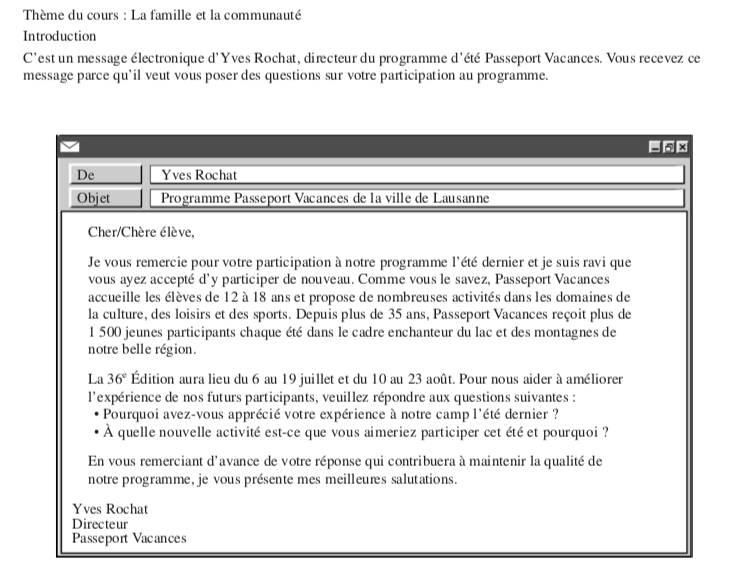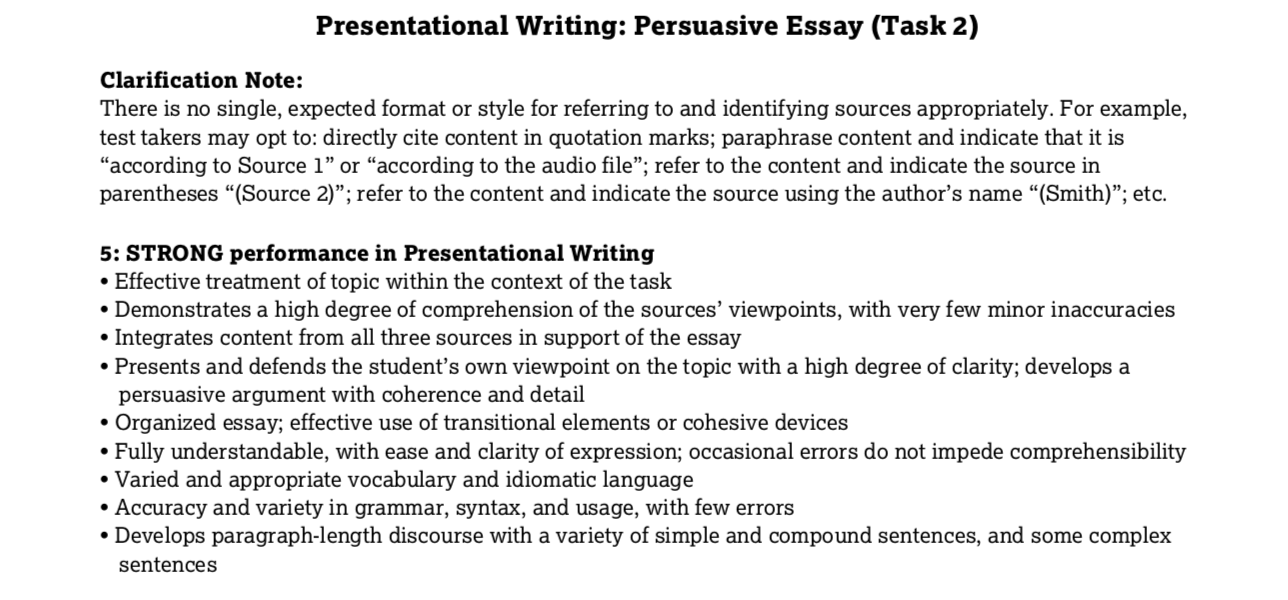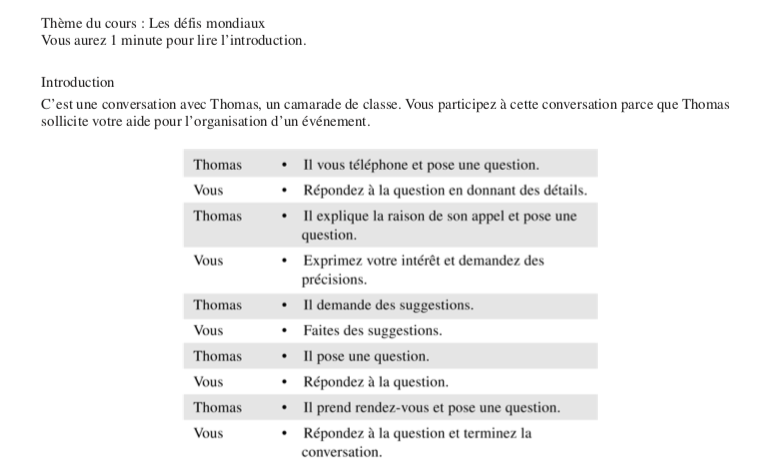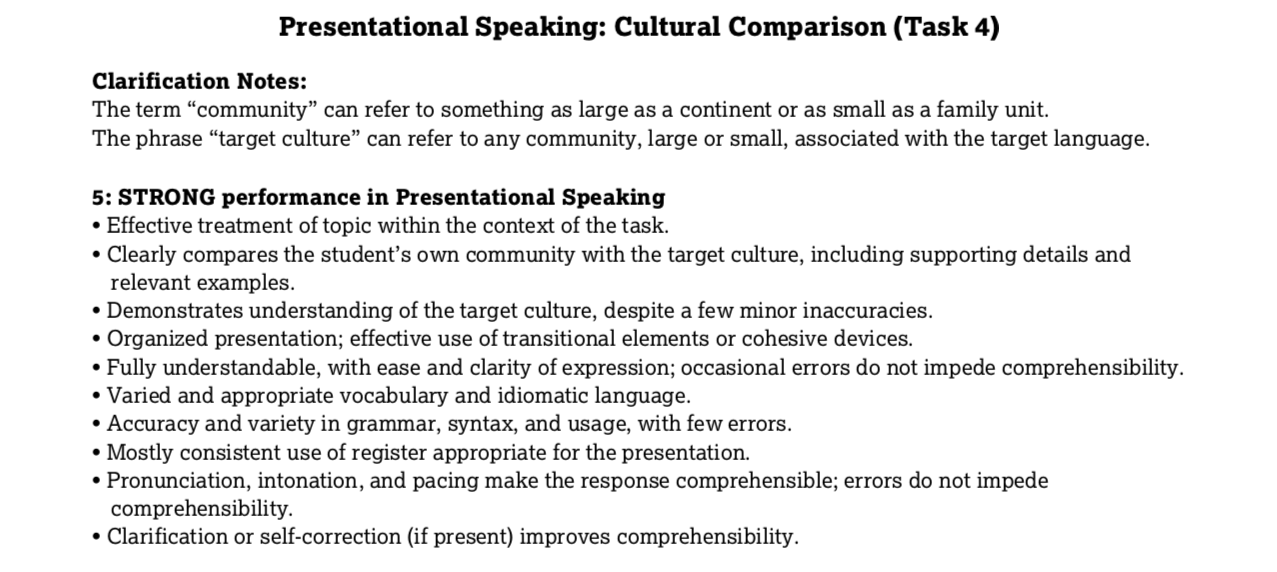How Can I Be Prepared for the AP French FRQs?
4 min read•Last Updated on July 11, 2024
Charly Castillo
Charly Castillo
Because AP French Language & Culture is not a very common class, it can be a little difficult to find resources about the exam's format 🧐, especially for something as specific as its FRQ section. That's why we dedicated this post to everything you need to know about the AP French FRQs, from the different types you'll see on exam day to tips to keep in mind if you want to score high. Let's get into the content!
So, What Are FRQs?
Free-response questions (also known as FRQs) are questions that you reply to with an original answer, unlike multiple choice questions (MCQs), which have you select from a number of preselected options. You'll see four different types of FRQs on the exam (interpersonal writing, presentational writing, interpersonal speaking, and presentational speaking), which are usually grouped into two sections called Free Response Written ✍️ and Free Response Spoken 🗣️ This whole part of the exam counts for 50% of your score, so it's definitely important to have mastered its format and rubrics by exam day.
AP French FRQs
Interpersonal Writing
First up is the interpersonal writing FRQ, which has you reply to an email 📧 using the content from a provided message and what you learned in its respective unit. Each FRQ will say what unit corresponds with the topics discussed in the email, and in the case of the example below, it is la famille et la communauté or Thème 1. (Pro Tip:** Be sure to check out the unit before starting your response, so you know exactly what you should bring up.) You have 15 minutes to write your response ✏️, which may seem like a time crunch, but is actually the perfect amount of time to write a short, concise response.
Former Student Tip: If you're finding yourself a little rusty when it comes to formal writing, definitely check out this Quizlet, which goes over need-to-know sentence starters, phrases, and transition words.


Presentational Writing
The presentational writing FRQ has you read three sources with different opinions on a similar topic and write a concise argumentative essay 📝, where you make a point and use the texts' information as evidence for your opinion. You have 55 minutes to complete this section, but the College Board recommends that students spend 15 of those reading the sources and taking notes and 40 to actually write the essay.
Former Student Tip: Review the terms in this Quizlet if you're having difficulty with formatting your argument. Once you have that down, study these terms, which will teach you terms to use when writing a strong essay.


Interpersonal Speaking
Next is the interpersonal speaking FRQ, where you'll participate in a simulated conversation with a prerecorded speaker and reply to them 5 times for 20 seconds each 🗣️ You may think that 20 seconds sounds like no time, but it feels much longer when you're actually speaking. In that time, you can say your thoughts and still have more time to expand on them, so don't worry about running out of it.
Former Student Tip: If you want to improve your conversational skills by the exam, be sure to practice speaking with fluent French speakers you know like classmates, teachers, and family members.


Presentational Speaking
You're finally on the last part of the AP French exam, the presentational speaking FRQ. You will be given a prompt, which mentions a feature of Francophone countries and cultures, and has you compare that characteristic to one in any community. By community, you can talk about any one you can think of from the geographical place you live 🌎, your home 🏠, or anywhere else. Just remember that your presentation can't go over the 2 minute time limit!
Former Student Tip: Throughout the year, read news from different French-speaking nations (France, Switzerland, Senegal, etc) to keep up with current events in le monde francophone and international perspectives of different topics.


Hopefully, this post helped you understand the four types of FRQs on the AP French exam (interpersonal writing, presentational writing, interpersonal speaking, and presentation speaking) and what graders are looking for when grading your responses. We know that it is a lot of information right now, but after a while, everything above will become second nature to you. Bonne chance and happy studying